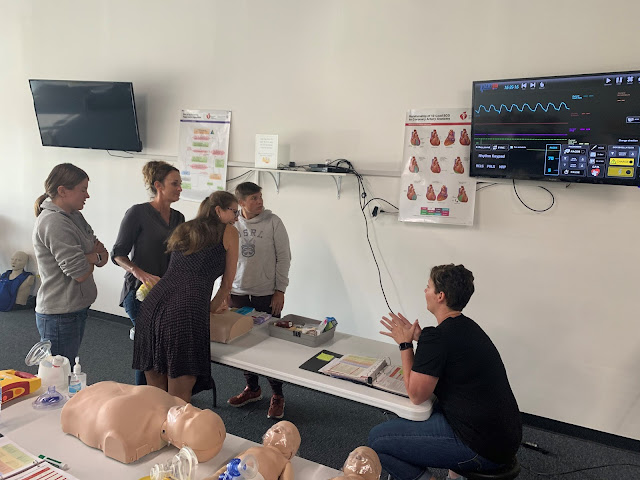BLS Renewal vs. Initial Certification: Key Differences

When it comes to life-saving skills, you can never be too prepared. At CPR St. Louis, we understand the importance of staying up-to-date with Basic Life Support (BLS) training. Whether you are seeking initial certification or need to renew your BLS credentials, it's crucial to know the key differences between the two. In this article, we'll break down the distinctions, highlight what changes in BLS renewal training, and compare BLS training levels to help you make the right choice for your needs. Renewal vs. Initial Certification: Understanding the Basics Initial Certification Initial BLS certification is for those who are new to life support training. It's the first step towards equipping yourself with the skills to respond to cardiac emergencies, choking incidents, and more. Many individuals seeking initial certification include healthcare professionals, first responders, lifeguards, and even laypersons who want to be prepared for emergencies. Renewal Certification On ...



